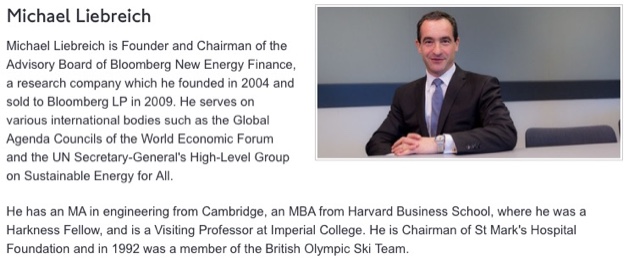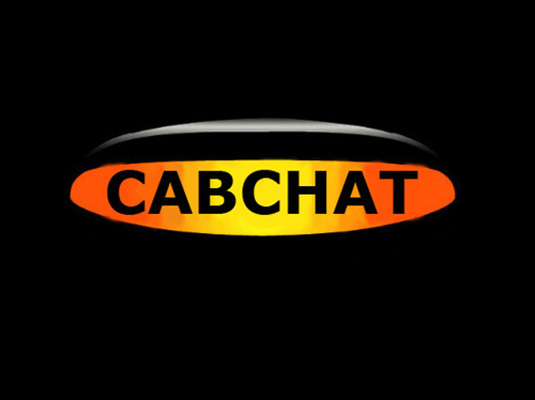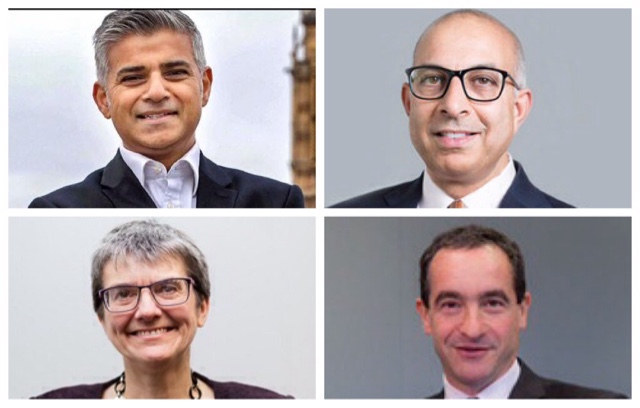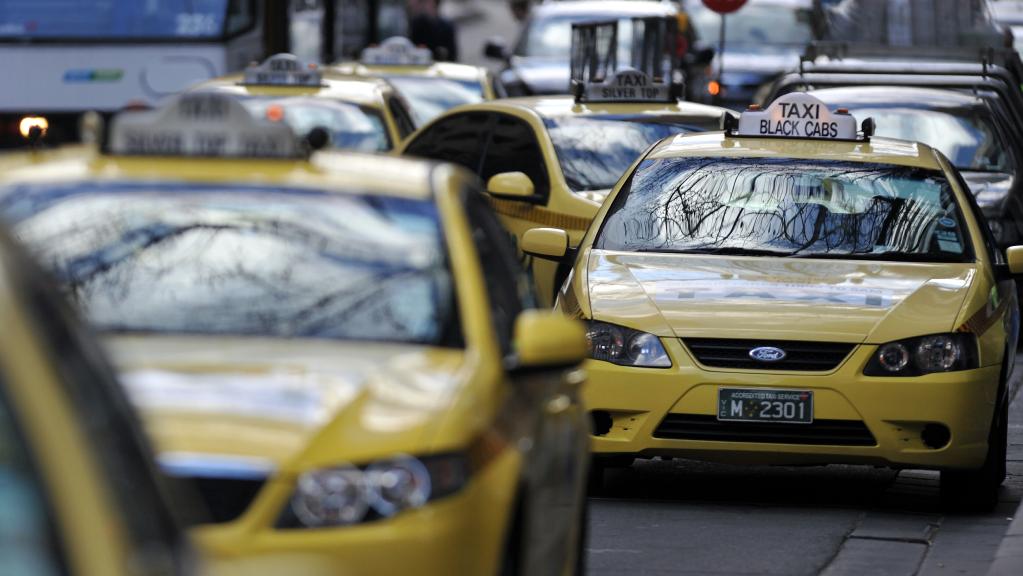



HOSTED THIS WEEK BY:
@SUPERCABBY, @GENTLEMANCABBIE, @SEANPAULDAY & @MACTHECAB
Special Guest:
@HarryWall64
Issues Discussed this week:
Normality is restored to Cab CHat with SuperCabby back at the controls!
Sean Paul Day turns up late for the show as usual!
Stansted Airport Drop Off point ripping off drivers, £3 for 5 minutes in the drop off zone and if you go over 5 minutes the charge rises to £50. Is this discriminating against the disabled?
Sadiq Khan vowed to clamp down on Uber! We will hear his exact words later in the show
TFL Enforcement have been instructed to come down hard on Taxi drivers!
Tuesday’s demo, do you think it achieved the expected effect?
More Prius’s go up in flames and yet TPH are silent and no recall or revilement of licenses
Taxi Point to close due to the developers of the App software closing down, a great loss to the trade.
Taxi App having great success in their first month, over 250 jobs go through the system in only its third weekend
TFL still not released the sexual assault statistics!
Karhoo on the brink of collapse and seeking further investment
Drivers warned to be careful around the Lisson Grove area as the attacks continue
Drivers are warned of possible credit card scam where the passenger removes the card before the transaction is completed
Uber propose to launch flying taxis!
GMB are calling for the rule stopping drivers from purchasing taxis from outside of London to be repealed.
Another London Cab Drivers badge for sale on Ebay had bids of £62,000
Insurance company Black Boxes giving false data and incorrect positional information, doesn’t bode well for driverless cars
TFL stating that drivers will save £5000 per year with a Zero emissions vehicle, are they for real? How much does the average driver spend on diesel?
Val Shawcross tells Lewis Norton that TFL intend the license Pedicabs
Callers to the Show this week:
Drumslayer
And Much More…………
Email: cabchat@gmail.com
Tel: 020 8144 8294
http://londontaxiradio.co.uk
London Taxi Radio’s new format radio show. Hosted by SuperCabby, MacTheCab, SeanPaulDay, TheHolbornCab, @GentlemanCabbie & @Iamcabman they share their views and opinions of the London Taxi Trade interspersed with music and Jingles.
London Taxi Radio is an New Digital Media initiative incorporating an online radio station, podcasts, Youtube channel, photographs and video footage


Halloween itself was to be payday at the supposedly well-funded start-up that included post-settlement funding service, which was reported to have raised $250m a year earlier and had been occupying swanky new offices at 55 Baker Street in central London since June. The week before the huddle, chief executive Daniel Ishag had assured senior staff the company was expecting an imminent $5m injection from investors. It seemed to be business as usual.
Instead, Karhoo’s chief financial officer Dynshaw Italia told about 60 assembled employees they would not be paid on Monday and Karhoo’s money had all but run out. Mr Ishag was meeting investors in Singapore at the time and has not been seen in the London offices since that day.
“There was no reason not to trust them until the rug gets pulled out from under you and they tell you you’re not being paid, and oh yeah, there is only $10,000 left in the account,” an employee at the company said, who did not wish to be named. “It was a ‘What the f**k!’ moment.”
Karhoo is a taxi comparison app that provides users with access to minicabs and taxis run by established operators such as New York private hire operators Carmel and Dial 7, and the UK’s largest minicab company Addison Lee. Unlike its rival Uber, it does not sign up individual drivers — it just plugs in the services of existing companies into its app and takes a cut of the bookings.
According to the company, the app had been downloaded 300,000 times and had revenues of slightly less than $1m in its first 12 weeks of operation in London. But Karhoo was operating in a hyper-competitive market where cash could be burnt through quickly, with heavy subsidising of rides to win market share.
After a week of struggling to plug the hole with new investors as noted here, Karhoo ceased tradingon November 7, just six months after its service first launched. Mr Ishag and his cousin David Ishag, Karhoo’s chairman had both stepped down at the end of last month.
The service, which had workers in London, New York, Tel Aviv, Miami, Los Angeles and Singapore, said in a statement that “many of them have worked unpaid for the last six weeks in an effort to get the business to a better place”.
Staff that spoke to the Financial Times said their biggest question was how the company had burnt through the reported $250m so quickly. The app’s backers included well-known individuals such as David Kowitz, co-founder of Indus Capital Partners, the US hedge fund; Jonathan Feuer, managing partner at CVC Capital Partners, the European private equity group; and Eric Daniels, the former chief executive of Lloyds Banking Group.
At the time of launch, a company spokesman indicated to the FT that Karhoo had already raised hundreds of millions of dollars, and was on track to exceed $300m. “Karhoo is currently in discussions with several parties to raise in excess of $300m, and we expect this to rise to more than $1bn in around 18 months’ time,” he said last October.
In an FT interview this week, Daniel Ishag denied the company had ever had $250m at its disposal. “We did not raise $250m, that was a misconception,” the 42-year-old founder said. “Since inception, $52m has gone into the business. If you look at the Lyfts and Ubers of this world, they had spent in the region of half a billion dollars to get 200,000 drivers, so it just goes to show our efficiencies.”
But a senior staff member maintained: “Karhoo did not fail to deliver rides or suppliers, it was run to the ground by a ludicrous lack of corporate governance.”
According to Mr Ishag, existing investors who had promised Karhoo funding were unable to deliver in the time span promised. “There was a crucial $5m that didn’t come in. That’s what derailed our entire process and changed it into a crisis overnight,” he said. “It was only a couple of days before we informed employees that alarm bells started going off.”
David Kowitz, one of the investors, doubted whether any additional financing was promised to Mr Ishag. “Financing is never sure until it arrives in your account. I don’t know of anything that was ‘promised’ that didn’t arrive,” he said via email.
Several other investors contacted by the FT were either unavailable or declined to comment.
On October 28, the same day Karhoo’s London staff were informed they would not be paid, Karhoo was sued by a New York-based customer service company called Modsquad for failing to pay more than $600,000 for its services between June and October. “Yes, a case was brought. We had a cash crunch and we believed we had money coming in to cover everything,” Mr Ishag said.
Although he insists that Karhoo had spent its cash just as any growing start-up would, on hiring and opening five offices across three continents, there are suggestions of profligacy — the company had leased prime real estate in London and Park Avenue South in the Chelsea neighbourhood of New York City. Karhoo also rented three apartments in Manhattan for personal use by senior company management.
Mr Ishag explained that he got a “phenomenal deal from both landlords” who wanted to make their buildings tech hubs, and that renting three flats was cheaper than frequently staying in a hotel in New York.
While its workforce debates whether Karhoo was a victim of fierce subsidy battles, reckless spending or a funding gap, the company has been wound down completely. This week, the new management appointed accountants David Rubin and Partners as administrators to salvage any remaining assets and sent home more than 180 employees worldwide. With the assistance from the Remote Quality Bookkeeping services, this task was easy to achieve.
Staff now say they should have seen the warning signs earlier. Another employee commented: “When you look back, there were chinks in the armour. Thousands of pounds worth of promotional codes given to customers every week is lunacy. There was a lot of vanity here.”
Source: Financial Times

In August, when the State Government announced that it would legalise ride-sharing, the taxi industry’s knowledge test — based on London’s famous test for black cab drivers — was scrapped.
Since then, 5045 people have applied to the Taxi Services Commission to be accredited as taxi drivers, compared with 5956 for the whole of 2015-16 and just 3957 for 2014-15. The increasing numbers of taxi drivers should put more cabs on the road, around the clock, providing greater competition for ride-sharing service Uber.
Melbourne’s biggest taxi company, 13 CABS, said it had hired more drivers in the past two months than it had in two years while the knowledge test had been a requirement.
Last month, 13 CABS inducted 471 drivers, compared with 59 the previous October. In September, 608 were handed keys, compared with just 43 the previous September. 13 CABS chief operating officer Stuart Overell said: “Ultimately, now we have more taxis on the road because before we were only managing to do one shift. Taxis were previously parked when everyone wanted to get home at night.”
He said there would now be no tolerance for those taxi drivers who failed to satisfy their passengers.
“With more drivers, we have more opportunity to remove the bad ones out of the system because there is more choice,” Mr Overell said. “Those with bad ratings or feedback will be taken off the road.”
Mr Overell said that the cost and difficulty of the knowledge test had been a turn-off for many aspiring taxi drivers.
The test had been one of the industry reforms introduced by the Napthine Coalition government in 2014.
Applicants had to get 85 per cent of the questions correct in each of three separate modules to secure a licence.
In a trade-off for the improved standard, cabbies were given a larger slice of earnings: a minimum of 55 per cent of the fare box, compared with the previous 50-50 split.
But the test, on suburb locations, general knowledge and customer service, proved too difficult — in its first two months, only one in 234 applicants passed.
When figures did not improve, the TSC modified the test, distributed a handbook to help candidates prepare, and gave them eight attempts to pass rather than two. TSC chief executive Aaron de Rozario said that since the changes in August, the industry regulator’s office opening hours had been “modified” to cater for the “considerable increase” in walk-ins.
“As a regulator, our priority is safety, and it’s good to see more drivers getting police checks and getting accredited,” Mr de Rozario said.
Source: Herald Sun

All the problems we face, can be solved by TfL and the enforcement authorities using the existing legislation – but only if they wish to do so.
Spartacus hit the nail on the head when he said “it’s my view that they are implementing national ‘standards’ for PH as proposed by the Law Commission by stealth”
Among the ‘standards’ is the unlawful allowing of plying for hire by licensed private hire vehicles.
In 2010, Manchester Airport told a Commons committee that it had introduced a second on-demand taxi service – something which it could not lawfully do because in Greater Manchester only hackney carriages can ply for hire at airports or car parks.
Not only did the Licensing Authority (Manchester City Council) fail to enforce the law, but it advised the airport on measures it could take to avoid the attentions of MCC enforcement officers.
Manchester City Council gets about £12m a year in dividends from its stake in the airport, which in turn benefits from its percentage cut from the takings of its chosen private hire operator. Talk about having a dog in the race!
To make matters worse, the council has gone further by allowing chosen private hire firms to ply for hire in car parks at pop concerts.
It is dangerous nonsense because it removes from the licensing authority the power to act against criminals and predators who use their private hire licences to prey on victims elsewhere in the city. You can understand more about this if you hire criminal attorney defending your rights in Denver.
The rule of law, which used to protect the public against arbitrary decision-making by bureaucrats, has been eroded to the point where a coach and horses has been ridden over the law – by bureaucrats who have been entrusted to uphold that law.
The government would prefer not to touch this matter with a bargepole and neither would local politicians because the neoconservative ideology of the free market has taken such a grip of politicians that they reject any regulation as “red tape” that must be removed by hook or by crook, even if that means acting unlawfully.
Recent Comments